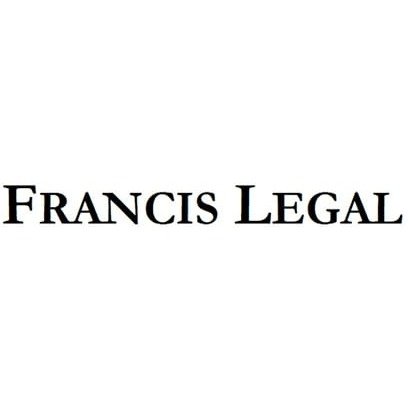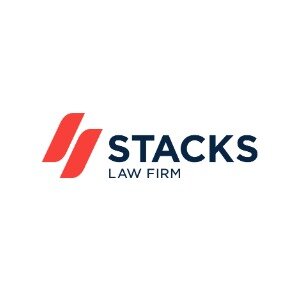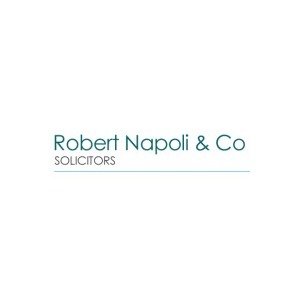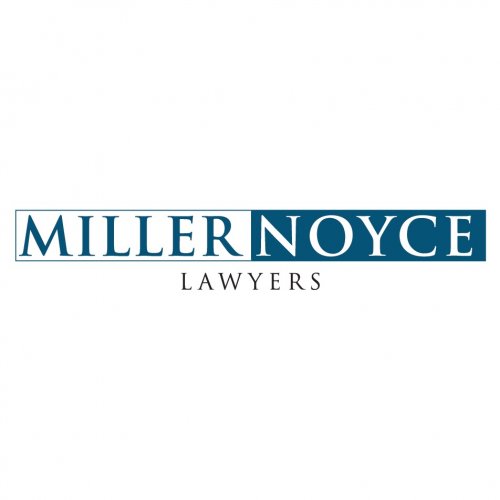Best Landlord & Tenant Lawyers in Hornsby
Share your needs with us, get contacted by law firms.
Free. Takes 2 min.
Free Guide to Hiring a Real Estate Lawyer
List of the best lawyers in Hornsby, Australia
About Landlord & Tenant Law in Hornsby, Australia
Landlord and Tenant law in Hornsby, Australia, is governed by state legislation primarily set out in the Residential Tenancies Act 2010 (NSW) and accompanying regulations. This legal framework establishes the rights and responsibilities of both landlords and tenants, ensuring that rental agreements are fair and equitable. Located in the state of New South Wales, Hornsby follows the same rules and regulations as other parts of the state, with specific local interpretations and implementations guided by the Hornsby Shire Council.
Why You May Need a Lawyer
There are several situations where you might need legal assistance in landlord and tenant matters. If you're a tenant facing eviction or experiencing disputes over bond returns, a lawyer can help protect your rights. Landlords may also require legal guidance when dealing with non-paying tenants or those who breach lease agreements. Further complications arise with maintenance disputes, privacy violations, and interpreting lease terms, where professional legal advice is crucial to resolve conflicts amicably and legally.
Local Laws Overview
The Residential Tenancies Act 2010 (NSW) forms the backbone of landlord and tenant law in Hornsby. Some key aspects include rental bond guidelines, termination and eviction rules, maintenance responsibilities, and dispute resolution mechanisms. Tenants are entitled to live in premises that meet health and safety standards, while landlords have the right to receive rent on time and have their property respected. The Hornsby Shire Council may also identify specific local regulations, such as water and energy efficiency standards, that affect tenancies.
Frequently Asked Questions
What is the process for getting my rental bond back?
At the end of your tenancy, you and the landlord should agree on the condition of the property. If both parties agree, a claim form can be completed and lodged with NSW Fair Trading for the bond refund. Disputes can be resolved through the NSW Civil and Administrative Tribunal (NCAT).
Can my landlord increase the rent any time they want?
Rent increases must comply with the terms in the rental agreement and applicable notice periods. Generally, landlords must provide tenants with a minimum of 60 days' written notice for a rent increase.
What should I do if my landlord doesn't make necessary repairs?
First, contact your landlord or managing agent in writing to request repairs. If repairs aren't made within a reasonable time, you can apply to NCAT for an order that the landlord undertake the repairs.
How much notice must I give before ending my lease?
If you're on a periodic lease (week-by-week or month-by-month), you must give 21 days' written notice. For fixed-term agreements, end dates align with the contract unless negotiated otherwise.
Are there any protections against being evicted unfairly?
Yes, tenants are protected under the Residential Tenancies Act 2010. Evictions must follow due process, with grounds for eviction and proper notice periods adhered to, which can be challenged at NCAT.
Can my landlord enter the property without my permission?
Landlords must provide proper notice-at least 7 days for regular inspections and 2 days for repairs or showings. Entry without notice is permitted only in emergencies.
What can I do if my landlord is withholding my mail?
If mail is being withheld, report the issue to the landlord or agent, and consider filing a complaint with Australia Post or seeking legal advice for persistent issues.
Are there limits on how much a landlord can charge for utilities?
Yes, landlords can only charge for water usage if the property has separate water metering, and the rates must reflect the actual usage amount.
What happens if the property is sold during my lease?
Your tenancy agreement usually continues even if the property is sold. The new owner assumes the rights and responsibilities of the landlord, and you have the right to stay until the lease ends.
Can I use my bond to pay the last month’s rent?
No, the bond is separate from rent payments and is held for damages or other claims. Rent must be paid as outlined in your agreement.
Additional Resources
Several organizations and resources can assist with landlord and tenant issues in Hornsby:
- NSW Fair Trading: Provides information and dispute resolutions services related to tenancies.
- Tenants' Union of NSW: Offers legal advice and assistance to tenants.
- Hornsby Shire Council: Can provide information on local housing regulations and standards.
- NSW Civil and Administrative Tribunal (NCAT): Offers a forum for resolving tenancy disputes.
Next Steps
If you need legal assistance regarding landlord and tenant issues, consider reaching out to a local solicitor who specializes in tenancy law. Prepare relevant documents, such as your lease agreement, correspondence with the landlord or agent, and any evidence of disputes or repairs that need addressing. You can also contact NSW Fair Trading or the Tenants' Union of NSW for guidance and assistance. Legal advice should be sought early to avoid escalating issues and ensure your rights are protected under NSW law.
Lawzana helps you find the best lawyers and law firms in Hornsby through a curated and pre-screened list of qualified legal professionals. Our platform offers rankings and detailed profiles of attorneys and law firms, allowing you to compare based on practice areas, including Landlord & Tenant, experience, and client feedback.
Each profile includes a description of the firm's areas of practice, client reviews, team members and partners, year of establishment, spoken languages, office locations, contact information, social media presence, and any published articles or resources. Most firms on our platform speak English and are experienced in both local and international legal matters.
Get a quote from top-rated law firms in Hornsby, Australia — quickly, securely, and without unnecessary hassle.
Disclaimer:
The information provided on this page is for general informational purposes only and does not constitute legal advice. While we strive to ensure the accuracy and relevance of the content, legal information may change over time, and interpretations of the law can vary. You should always consult with a qualified legal professional for advice specific to your situation.
We disclaim all liability for actions taken or not taken based on the content of this page. If you believe any information is incorrect or outdated, please contact us, and we will review and update it where appropriate.











